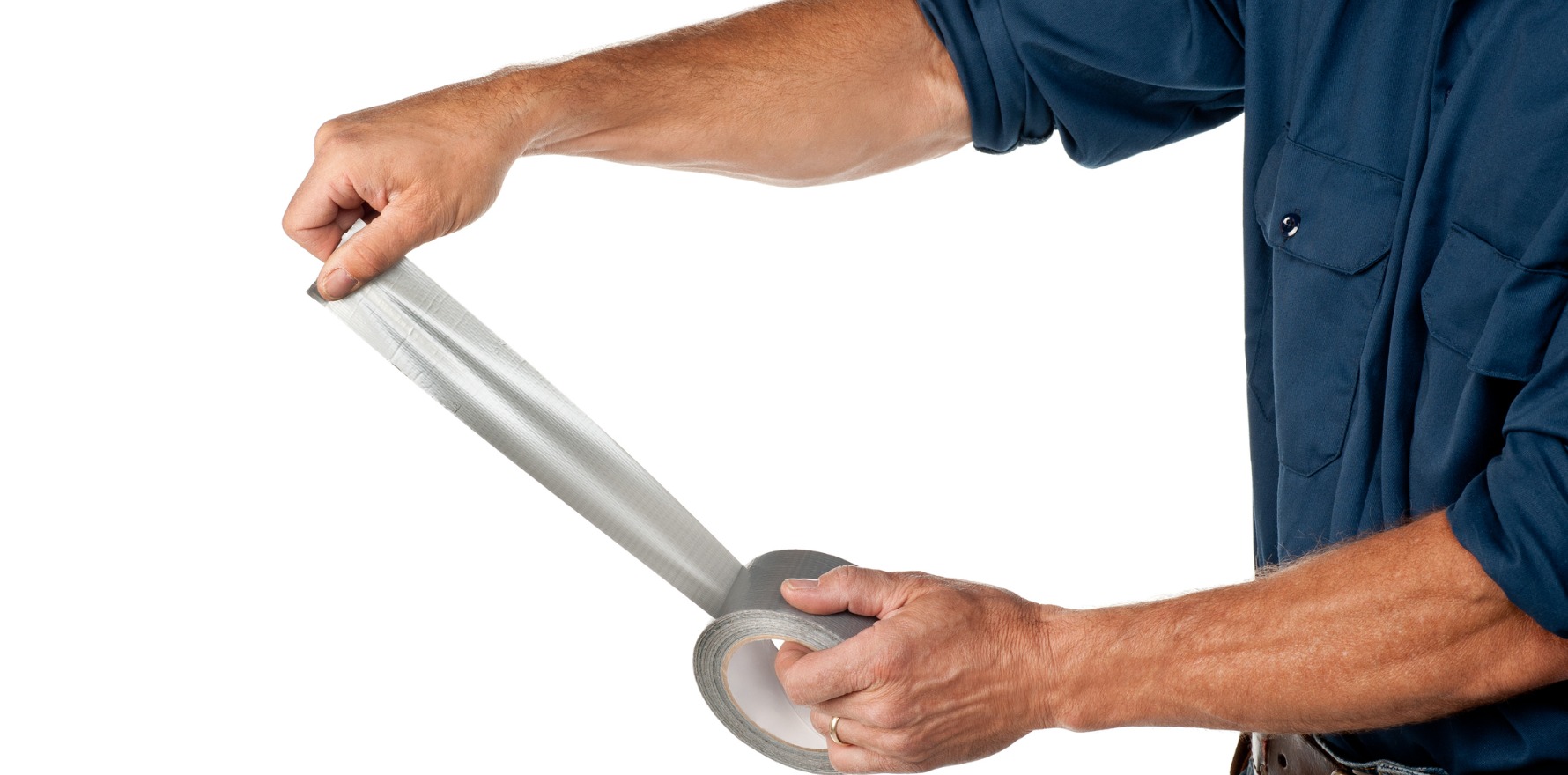The Minister for Health was cagey when questioned earlier this week on new solutions to the affordability crisis in primary care.
The next federal election cycle is just about to start spinning, but Health Minister Mark Butler has indicated that there will be a long wait on the government’s health policy.
Speaking to ABC Newcastle on Tuesday, Mr Butler would not be drawn on whether Labor would run with a Medicare reform platform.
He did, however, concede that the investments in bulk-billing incentives, urgent care clinics and PBS co-payments had not completely helped primary care out of the woods.
“But for all the difference [those policies are] making, and [they are] making a real difference, we know we’ve got to do more,” Mr Butler said.
“We’re determined, the Prime Minister is determined, to continue the task of turning around a decade of cuts and neglect, which is really what we saw in Medicare over the past 10 years.”
Responding to a question on what other ideas were on the table, the health minister seemingly hinted that something may be afoot for general practice.
“We want to see the bulk-billing incentive changes demonstrate their worth for a little while longer,” Mr Butler said.
“It’s not even 12 months since we introduced them.
“We’ve also increased the Medicare rebate pretty substantially over the last two years.”
The national bulk-billing rate for GP attendances nationally was at 77.3% for this year to date at the end of the 2024 June quarter; at the same point in 2023, it was at 80.2%.
Related
With the election itself anticipated to be held on or before mid-May 2025, the act of executing a major overhaul of chronic disease management items will be left to the new government, as will changes to the existing PIP and WIP incentive payments.
There is currently neither hide nor hair of the scope of practice review’s final report, which was due to be handed to the government this month, nor is there a post-implementation evaluation of the Medicare Urgent Care Clinic network.





